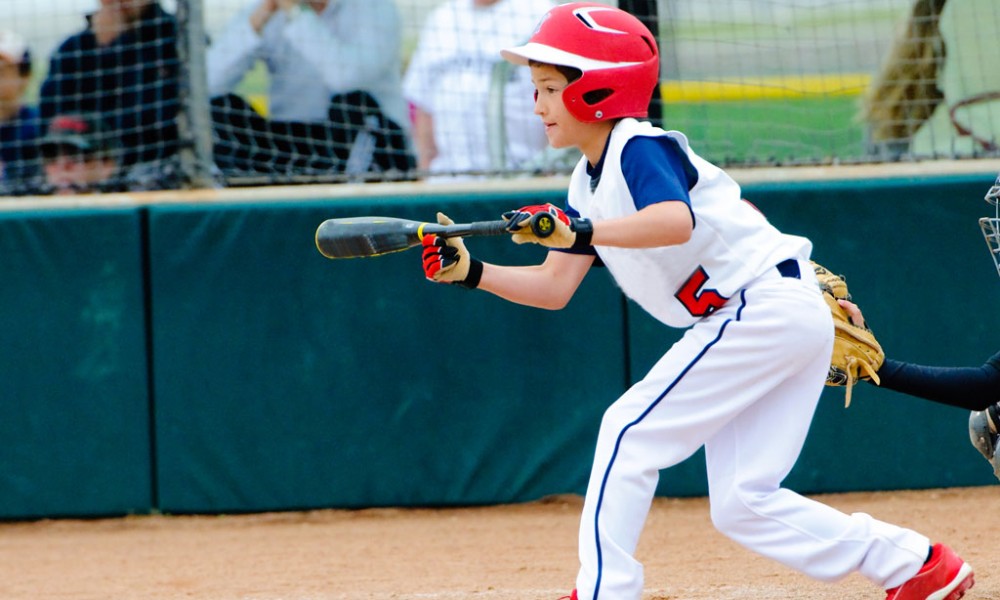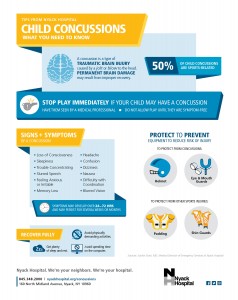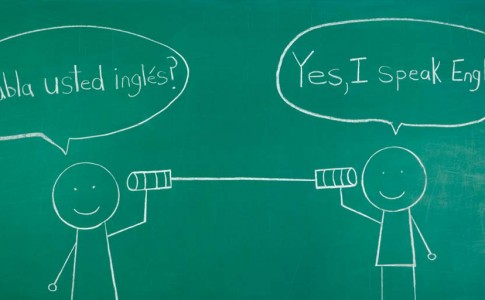Before summer ends, school sports begin. Whether it is football, baseball, soccer or cheerleading, children who are involved in sports are at risk of getting a concussion. Half of childhood concussions are sports-related.
A concussion is a type of traumatic brain injury caused by a bump, jolt or blow to the head. It can change the way the brain normally works. While some people recovery quickly, others can have symptoms that last for days, weeks or even longer.
Protective equipment can help prevent concussions in young athletes. Helmets, padding, shin guards and eye and mouth guards should fit properly, be well maintained, and be worn correctly every time the child plays.
If your child plays a team sport, find out whether the league, school or district has a concussion policy, which would include when an athlete can safely return to play after a concussion. Tell your child they shouldn’t continue to play after an injury. Be aware they may face pressure from teammates and coaches, who may wrongly believe it shows strength and courage to play injured.
If your child does suffer a concussion, they should be removed from play and seen by a medical professional familiar with concussions. They should not return until the doctor determines they are symptom-free. If a teen returns to play and experiences another concussion before the brain has recovered from the first one, it can slow recovery, or increase the risk for long-term problems such as brain damage.
Signs and symptoms of a concussion include:
- Brief loss of consciousness (“blacking out”)
- headache
- sleepiness or difficulty falling asleep
- feeling confused and dazed
- trouble concentrating, thinking, or making decisions
- dizziness
- slurred speech or saying things that don’t make sense
- nausea and vomiting
- feeling anxious or irritable for no apparent reason
- difficulty with coordination or balance (such as being able to catch a ball)
- trouble remembering things, such as what happened right before or after the injury
- blurred vision
These symptoms may not appear right away—they can develop over 24 to 72 hours. A doctor diagnosing a concussion will ask about how and when the injury occurred, and which symptoms the child is experiencing. The doctor may also ask questions to assess your child’s memory, consciousness and concentration, such as who they are, where they are and what day it is. The doctor also is likely to test balance, coordination, and reflexes. Sometimes a CT scan of the brain or an MRI is ordered to rule out bleeding or other serious injury to the brain.
When recovering from a concussion, your child should get plenty of sleep at night, and rest during the day. Have them avoid activities that are physically demanding, such as sports, or that require a lot of concentration, such as spending a lot of time on video games or on the computer.
While most children recover quickly from concussions, it’s possible they may experience symptoms such as headaches, memory loss or having trouble concentrating for several weeks or even months. If symptoms persist, tell your child’s doctor.
Source: Nyack Hospital






No comments